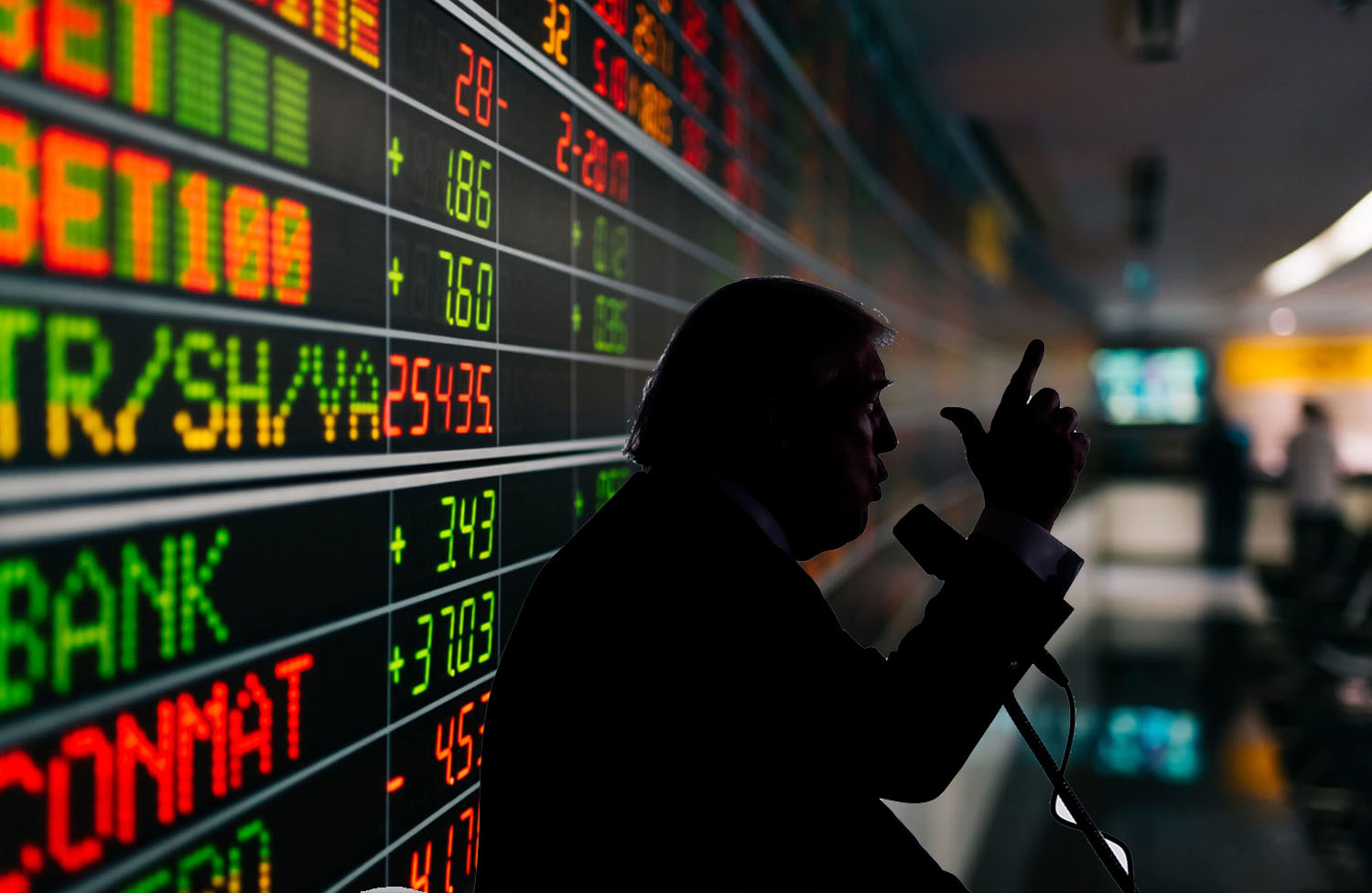It’s been nearly a decade since the United States endured its worst recession since the Great Depression. The devil in the details of Depression 2.0 had to do with two phrases that I am almost positive will confuse several of you; subprime mortgages and mortgage-backed securities. A subprime mortgage is a long-term loan issued to an individual who, at one time, may have not been a very trustworthy individual and failed to repay their accumulated debts. These risky borrowers were given loans from major banking institutions to purchase things like cars, houses, and other investments that most people don’t have cash on-hand to procure. Hmm, lending money to people who’ve defaulted on loans before, sure, there’s no way this can turn sour.
We’re back in 2008, and banks are issuing subprime mortgages left and right, but if these individuals may end up not making good on their monthly payments, how will banks make their nut? Enter “Mortgage Backed Security” ready to do some serious damage. Mortgage-Backed security was created by banks to sell claims to repayment streams from of a group of people’s subprime mortgages. For example, one could purchase one of these securities that had within it several subprime mortgages from those risky individuals we spoke about earlier. Interestingly enough, banks sold mortgage-backed securities to other banks who would then split up the securities into smaller chunks and sell those off to other banks. Soon enough, millions of subprime mortgage borrowers had their loan repayments in the hands of banks across the country. But these banking institutions failed to recognize one crucial detail about all of this; the original borrowers of the subprime mortgages were approved for loans even after they exemplified a history of failing to pay their mortgages. Suffice to say that in 2008, millions of subprime borrowers defaulted on their loans, causing banks to lose all profit gained from mortgage-backed securities, thus resulting in…drum roll, please…a recession!
Over ten years have gone by since our country underwent an industry-collapsing recession, and, although activity measures like retail sales, industrial production, and employment are at an all-time high, a growing number of economists and financial experts believe we are due for another recession in the next twenty-four months. Market growth has shown significant signs of slowing down over the last few months, with the Dow and several other indices dropping hundreds of points every week or so. As of Monday, the Dow fell 508 points, or 2.1%, with the S&P 500 following suit, as it dropped 2.1% to its lowest level all year.
“Traditional signals of a U.S. recession from the shape of a yield curve to a fall in housing investment to corporate bond spreads are suggesting in late 2019, early 2020.”
–Constance Hunter, Chief Economist, KPMG
According to several media outlets, all eleven sectors of the S&P 500 have received a decrease in expected earnings growth in the last few months, “led by utilities, materials, and industrials.”
Before he even took office, President Trump made it clear that he wanted every product, service, and commodity to be manufactured in America and only America. As it relates to the oil industry, this has translated to a rush to pump oil out of shale fields around the country, most notably in West Texas, miraculously leading to record-high levels of production for black gold. Though domestic oil production couldn’t be higher, concerns about oversupply have sent oil prices every which way but loose.
Clifford Krauss, a contributor to the New York Times, writes that oil is currently resting on an economic sweet spot, given that prices are not so high that consumers and businesses feel pressed for cash, and not so low as to disrupt business for engird companies and oil exporters like Saudi Arabia and Russia. Since President Trump insisted the US focus more domestic crude, oil production has more than doubled in the last ten years, to over 11 million barrels per day.
The recent drop in oil prices has not only raised concerns for investors in the space, but for manufacturers and the hundreds of thousands of oil workers that fear for their jobs. According to the New York Times, the last time oil prices slid in 2014, “more than 160,000 oil workers lost their jobs.” Think about it. If oil prices decrease, so too does the profit enjoyed by oil producers because a decrease is cost, coupled with overstock, will result in less demand, and therefore, less of a need for oil workers.
The current political climate surrounding President Trump has only stoked the fires causing stock market sentiments to be less than positive. Remaining true to form, Trump recently tweeted his criticisms of the US Federal Reserve, calling out the Fed after a year of ill-fated interest hikes.
“It is incredible that with a very strong dollar and virtually no inflation, the outside world blowing up around us, Paris is burning and China way down, the Fed is even considering yet another interest rate hike. Take the Victory!”
–President Donald Trump on Twitter
Another idea to consider is how the public will respond civically in the event of another recession. In other words, will Americans blame President Trump for the economic downturn of their country? According to the Brookings Institute, “whether fairly or not, by the time they are seeking re-election, the public holds sitting presidents responsible for the state of the economy.”
Although Trump has public tooted his own horn following impressive US employment rates, I wonder if tweets will be enough to secure his reelection in the event of a recession. Of the ten presidential incumbents who have sought re-election since the end of World War II, the only three who lost – Gerald Ford, Jimmy Carter, and George H.W. Bush all failed to secure a second term as they run during periods of sluggish economic growth, according to Time.





